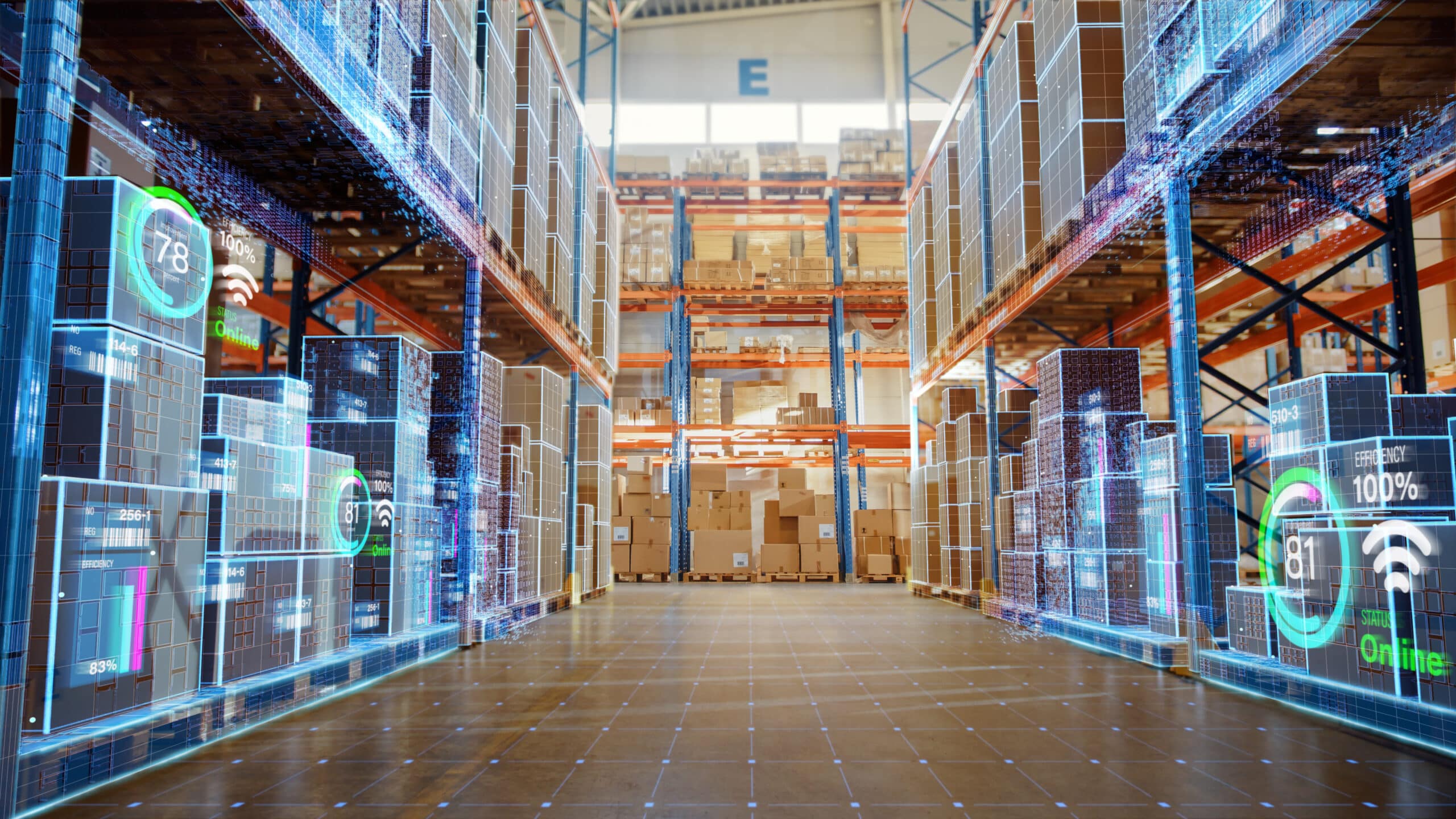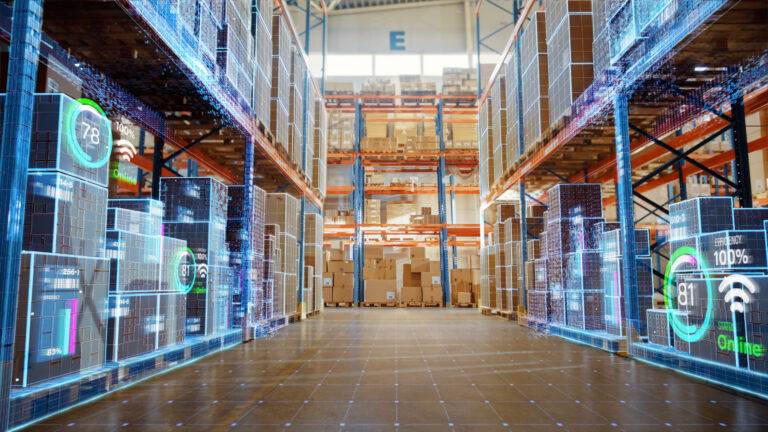Understand and Enforce Data Protection Requirements
Keeping logistics data safe begins with a thorough understanding of the applicable laws or regulations surrounding it. For example, the General Data Protection Regulation (GDPR) has stipulations for handling customer data, including when companies must delete it.
The need for data protection knowledge extends to everyone in an organization who handles information. Holding regular training sessions is an excellent way to give people the relevant details and help them steer clear of data protection pitfalls.
However, logistics organizations must prioritize data protection by design in their processes, platforms and procedures. Mistakes can happen, even with habitually careful workers. Building data safeguards into all company processes reduces the chances of such mishaps and helps protection strategies become norms.
The leaders of logistics companies must emphasize that data protection is a team effort. It applies to every information-oriented task, regardless of seniority or job title.
Teach Employees to Recognize Social Engineering Attempts
Data breaches often feature a human component — that reality highlights the need for ongoing training among employees. If businesses hire seasonal workers, training is crucial with so many people cycling through the hub. However, malicious workers were not necessarily the prime culprits in those instances. Hackers are experts in getting people to give them data or credentials. Anyone could be a victim.
Such efforts commonly occur through phishing attempts or business email compromise (BEC) schemes. Phishing convinces people to disclose sensitive information, often by insisting they must to avoid unwanted consequences.
For example, someone might get an email saying they need to confirm their billing information to avoid a shipment delay. The phishing email would then take them to a site created by the hacker to look authentic and ask them to put the details in a form.
On the other hand, the BEC scam works when a hacker appears to or successfully takes over someone’s email account. They typically pose as executives who might get personal assistants to wire large amounts of money or do something similar.
Once people know the tricks cybercriminals like to pull, they’ll recognize and not fall for them. Continuing education is critical to protect logistics data, particularly since online scammers regularly update their methods.
Hold Vendors to Stringent Cybersecurity Standards

The effort to protect logistics data typically extends beyond single organizations. That’s because most industry parties rely on numerous other entities to operate smoothly. Unfortunately, third-party breaches often have far-reaching consequences.
Keeping data safe requires vetting potential vendors thoroughly to get details about their cybersecurity practices. Find out if they’ve dealt with breaches before and what preventive measures a company takes.
It’s also worthwhile to learn whether the company follows well-established cybersecurity frameworks when determining how to enhance current data protection practices. Focusing on continuous improvement is also a good sign a provider takes cybersecurity seriously.
Doing such vigorous checks before partnering with an external organization is critical for protecting a logistics company’s reputation, as well as its data. An enterprise can do all the right things, but those successes won’t matter if third parties fail with their data protection measures.
Protect Logistics Data By Limiting Access
Logistics data often lives in the cloud. Storing it that way helps authorized people access it and collaborate with colleagues more smoothly. However, a 2022 Varonis study illuminated how file accessibility can quickly get out of control.
The research showed every employee in an organization could access one in 10 cloud-stored files their employers had. Another finding concerned data access made possible by software-as-a-service (SaaS) file-sharing features. Integrated sharing capabilities facilitated the exposure of an average of 157,000 files, making them available to every internet user.
You can prevent such outcomes by restricting who can access data at your logistics company. Some businesses take the approach of imposing limitations based on a person’s role. Others use IP address tracking and stop company network access attempts originating outside specified geographical areas.
The ideal approach is to choose a method to protect logistics data while reducing friction that could compromise productivity. When workers feel they must follow too many security processes to get work done, some may try to circumvent those controls.
Update Your Strategies as Needed
Safeguarding a logistics company’s data is not a one-and-done exercise. It requires people to stay aware of emerging trends and threats, then adopt relevant practices to handle them. Besides considering the above suggestions, ensure that everyone understands how data protection measures must evolve as the company and logistics landscape change.
This article was written by our guest author Emily Newton.
Emily is the Editor-in-Chief of Revolutionized. She has over six years experience covering stories in the logistics and supply chain industries.









